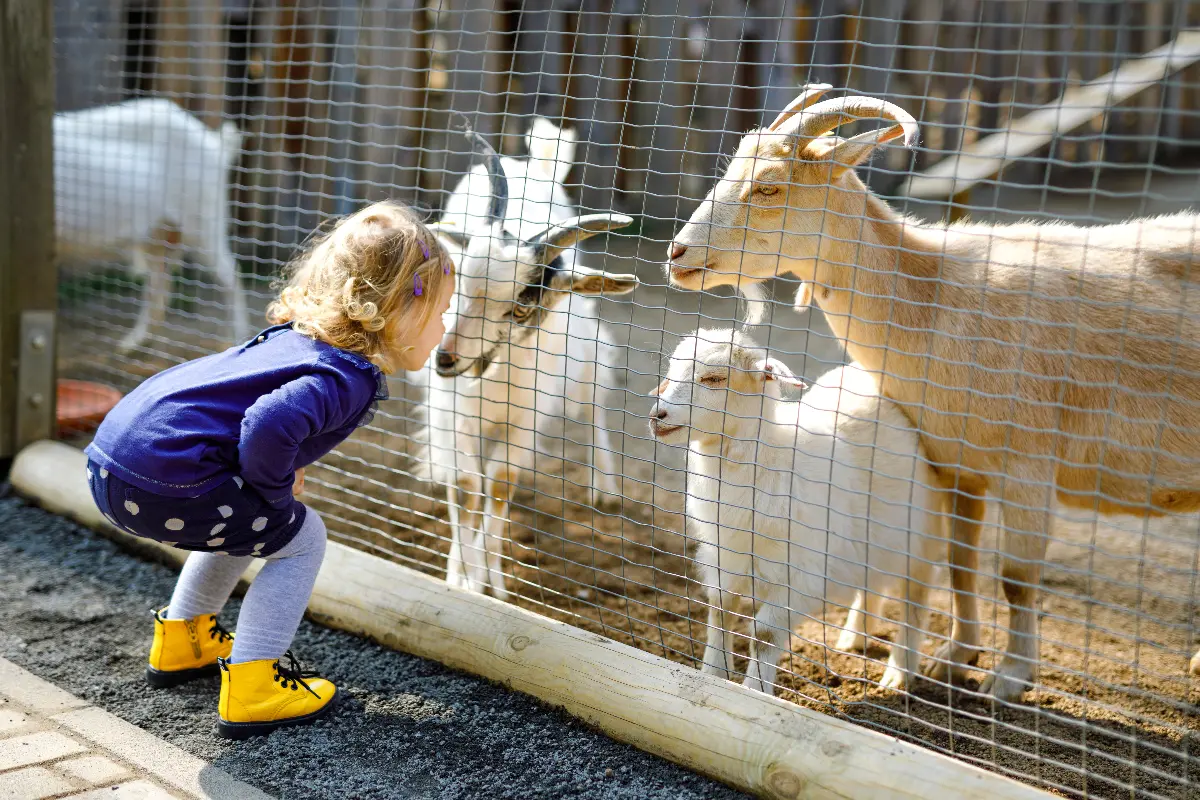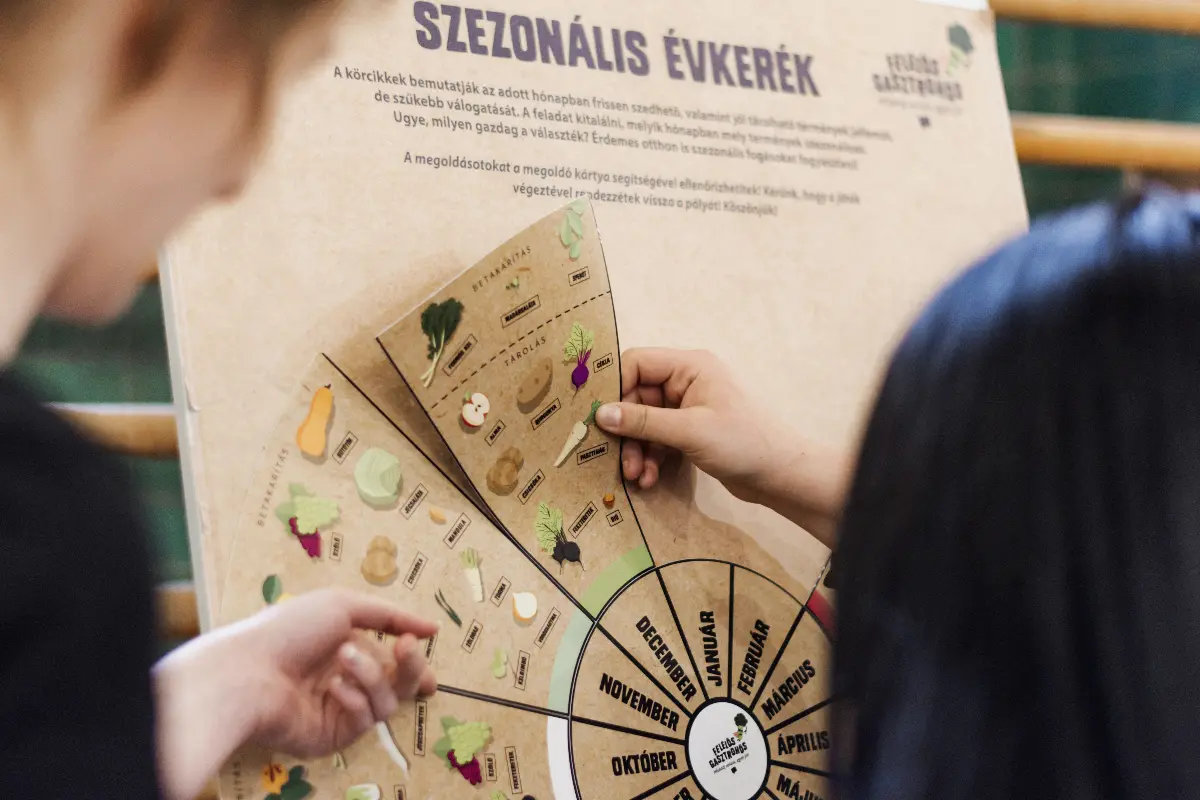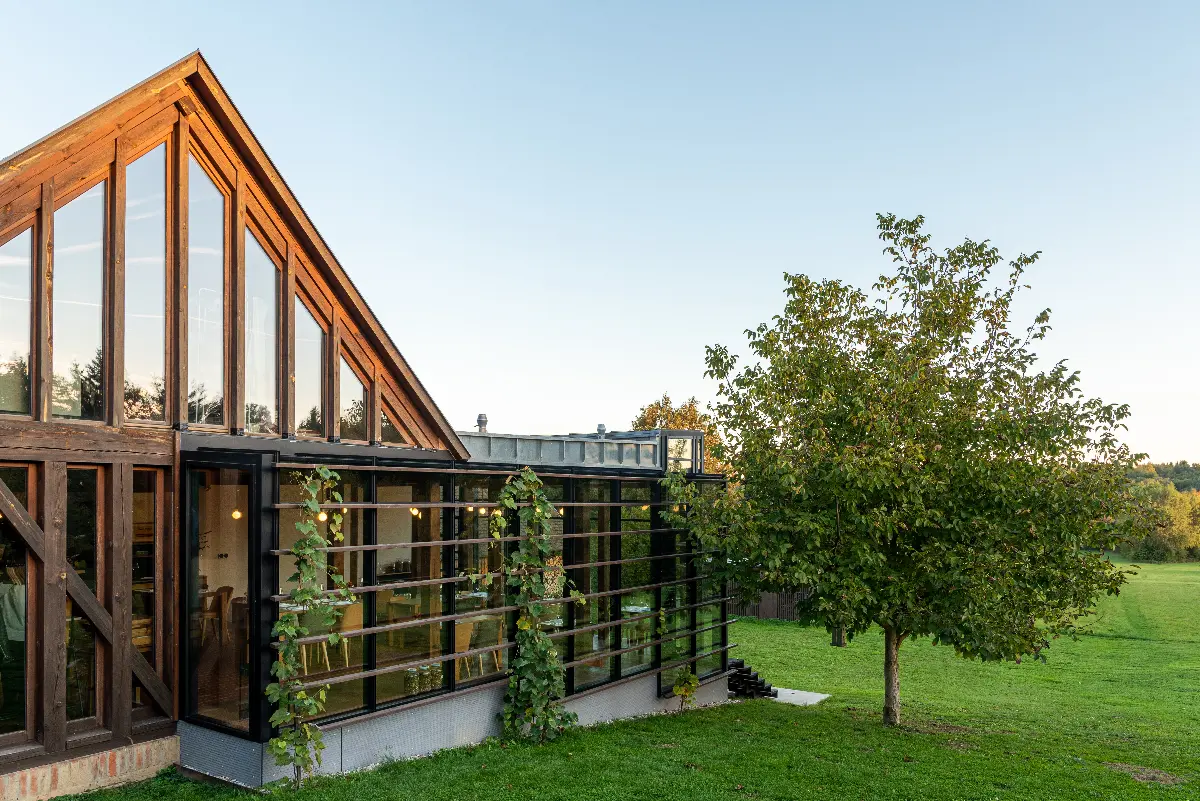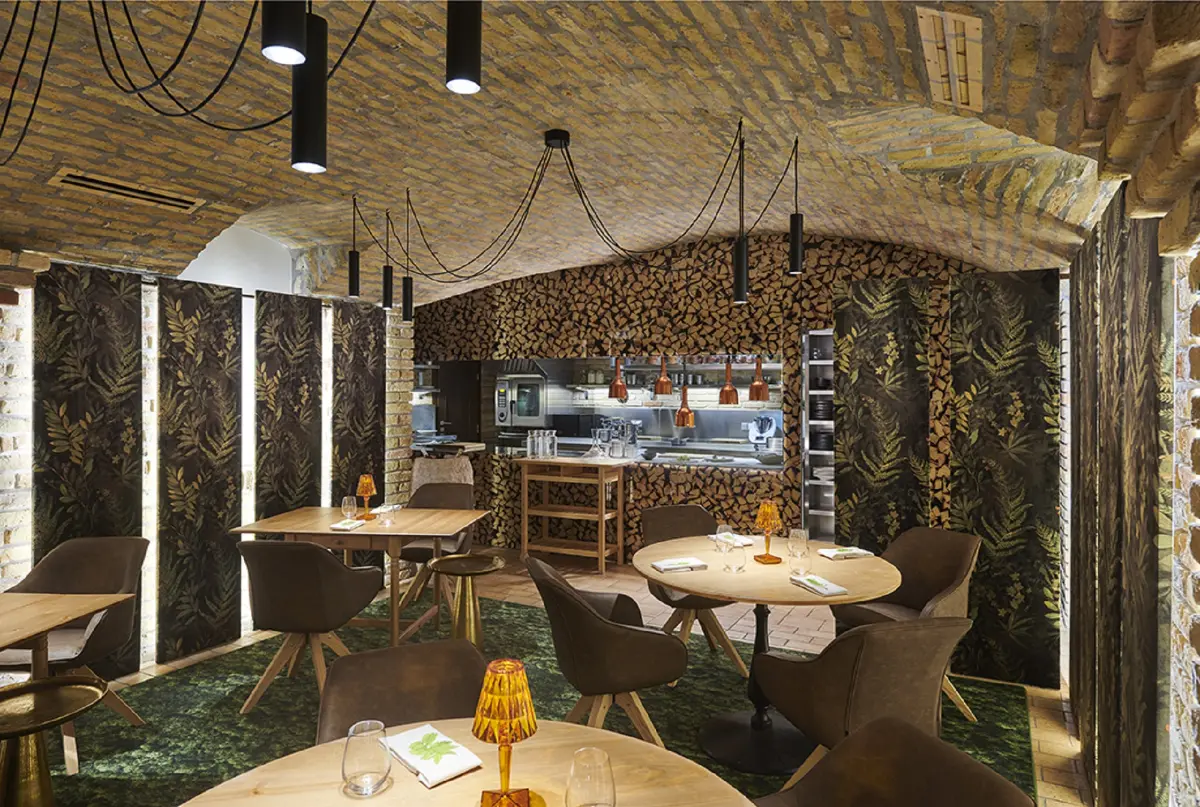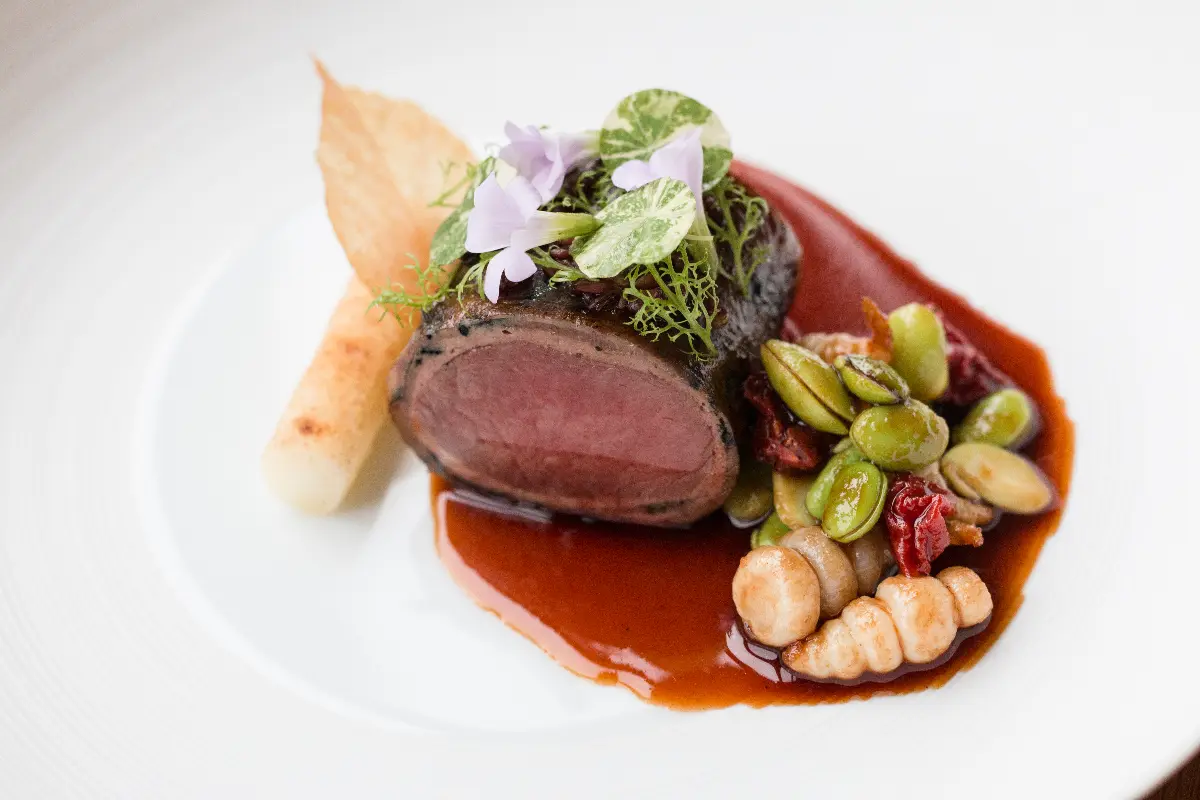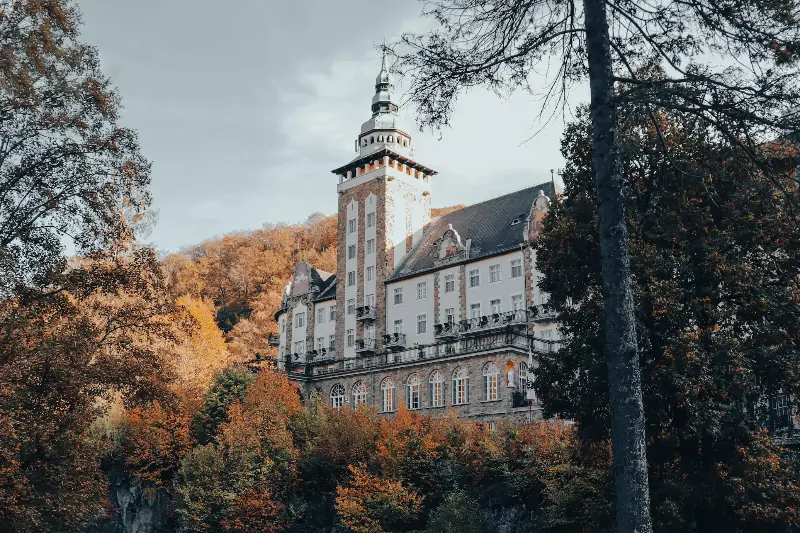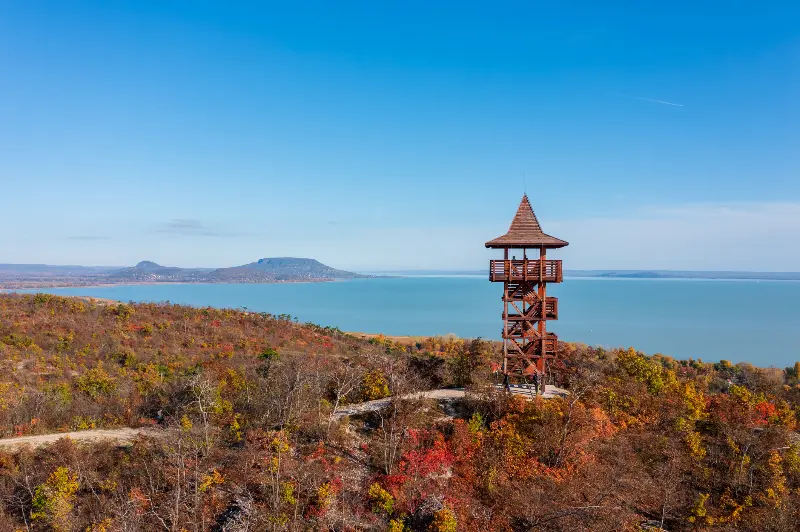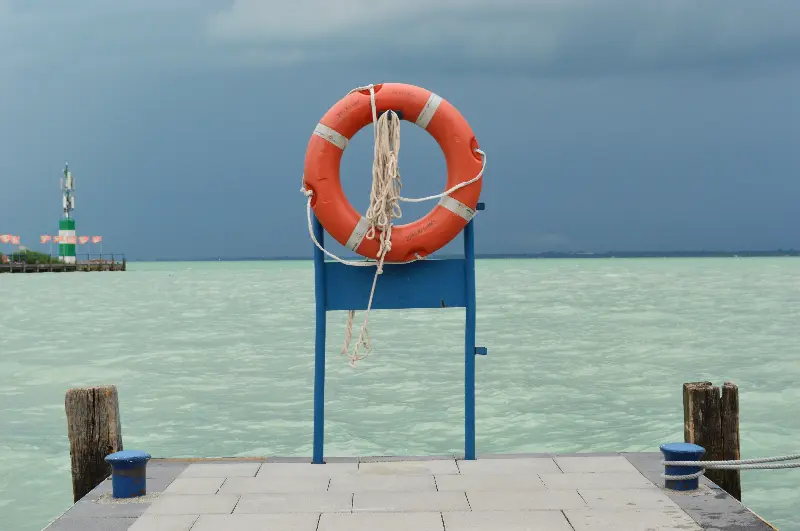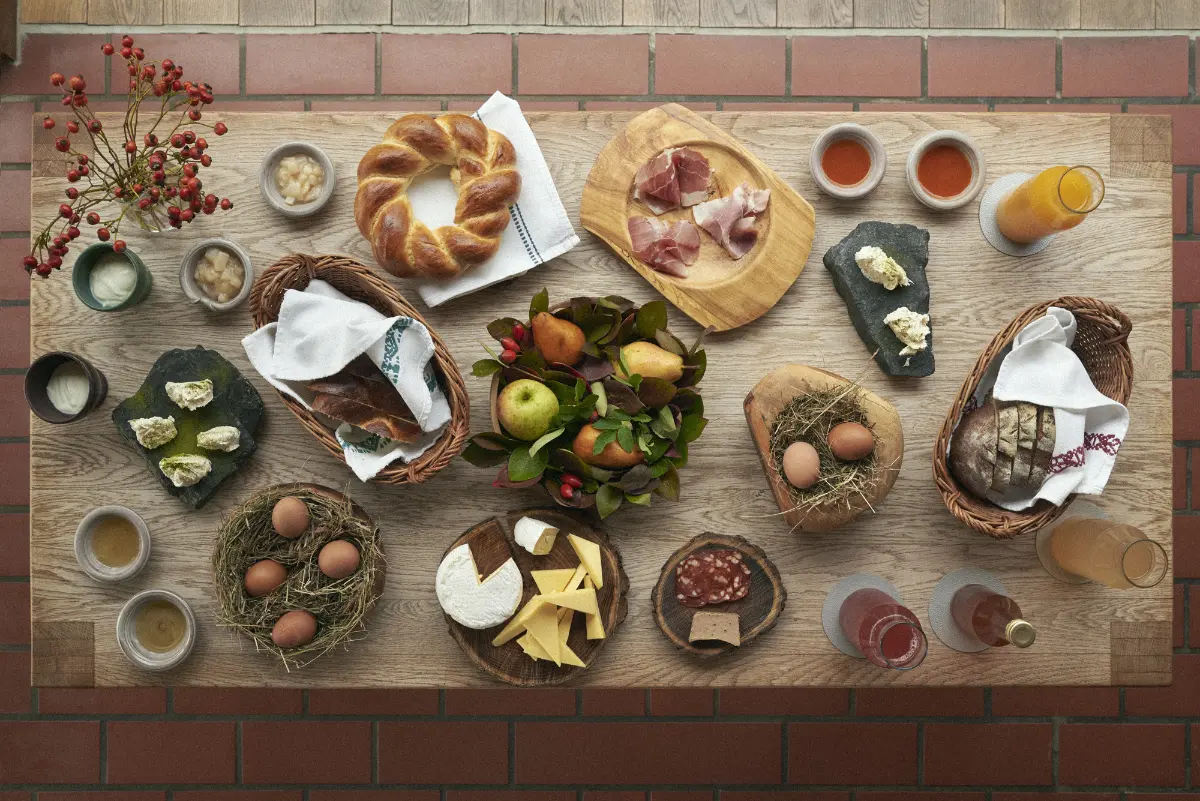
Helyszín címkék:
How to make local gastronomy even greener
Szabó Sára
In many walks of life, we increasingly come across the concepts of sustainability and sustainable development. But what do these concepts mean? If a system is unsustainable, it will – inevitably – collapse within a short time. In other words: if we use up everything we have today, we will probably have nothing left tomorrow. Sustainable development, by contrast, means long-term growth and does not ignore its impact on the economy, society and the environment. Simple, isn’t it? However, to take the first steps towards sustainability at local and global level, it is advisable to navigate the information noise with a critical eye.
According to Judit Vighné Boóc, sustainable catering expert of Felelős Gasztrohős (‘Responsible Gastro-hero’), transparency should be one of the first and most important steps in gastronomy. If people had access to the right information, it would be much easier for them to make responsible choices. But this sector is also overloaded with information, and people like simple answers.
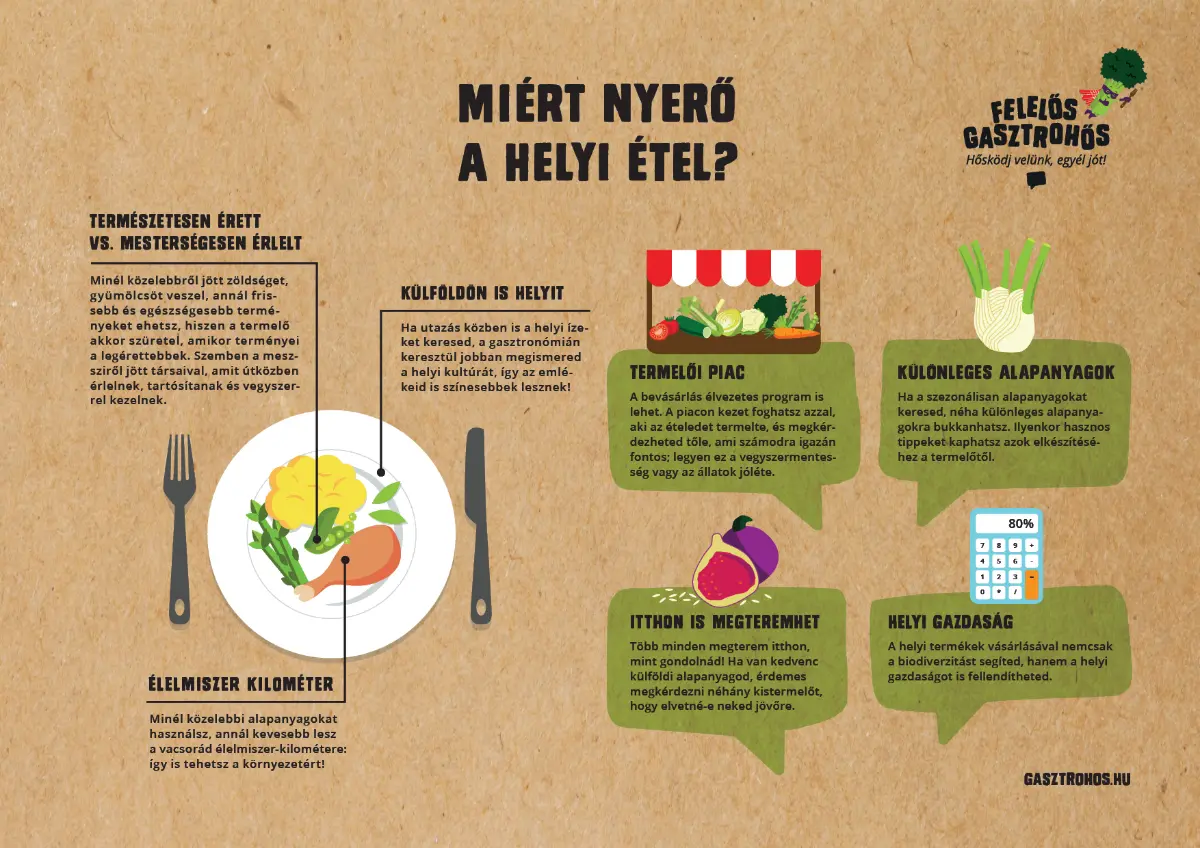
I often encounter the question “Is this product ultimately good or not good?”. But neither life nor sustainability is that simple. You cannot say that electric cars or mini-economies will save our world, because there is no clear-cut answer to such a complex problem. Research shows that the method of production is more important than the place of origin. So a local cucumber treated with conventional chemicals may not be better than an organic import,
– the expert says.
It is no wonder that the consumer can get very confused and just waves his hands. Fortunately, there are some global truths, according to Judit Boóc. Excessive consumption of meat and dairy products, for example, is one of the biggest global problems standing in the way of sustainability.
“You can’t expect everyone to be vegan. Change as much and as little as you can incorporate into your lifestyle in the long run.”
For some people, it is easy to eliminate animal products from their diet, which is a huge step towards sustainability. But some people can only have one meat-free day a week – that’s OK, too! The most important thing would be to recognise what we ourselves can do to achieve sustainability.
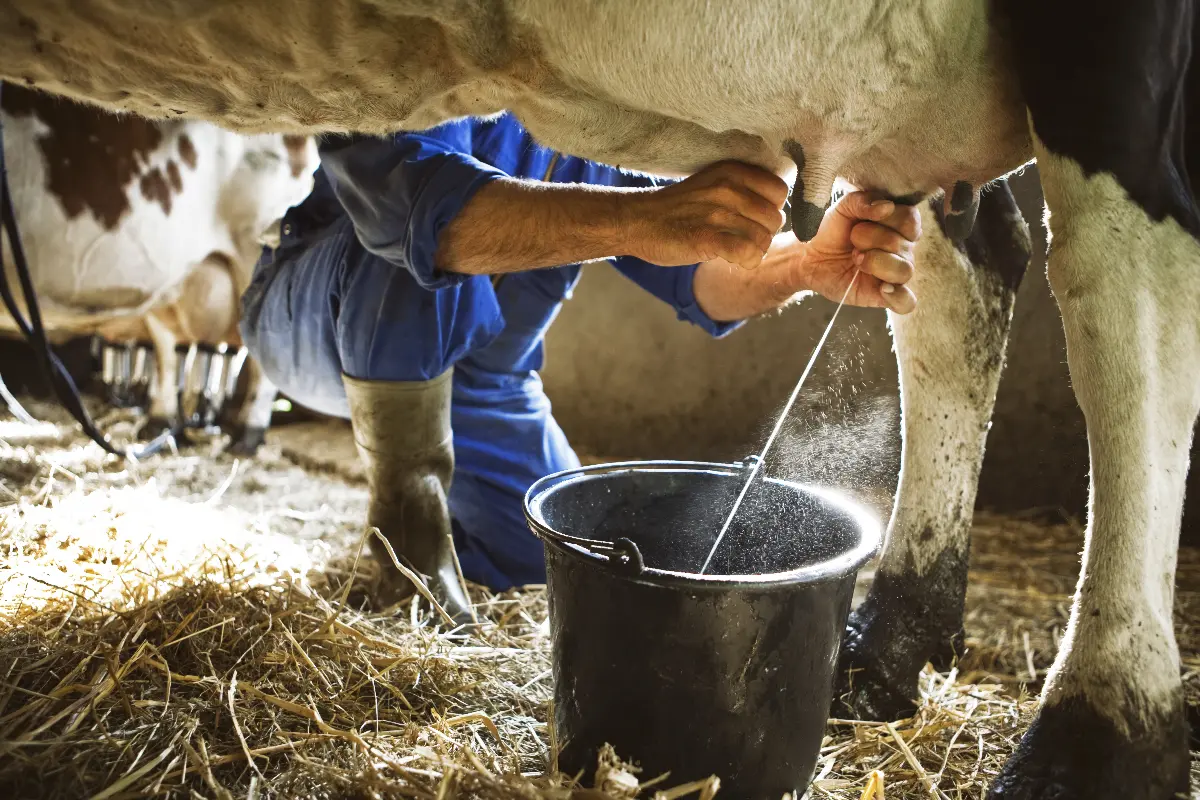
In addition to our household, we should also pay attention to our restaurants!
Not only more and more households, but also more and more catering establishments and organisations are working to reduce their own ecological footprint. A clear example of this is that in the past few yeras few rural restaurants in Hungary were awarded a Green Michelin star. A great example of eco-conscious hospitality is Natura Hill in Zebegény, where the owners operate their restaurant and guesthouse with the smallest possible ecological footprint — without compromising on quality. Another standout in sustainability is Pajta in Őriszentpéter. Here, the commitment to locality goes beyond just ingredients: even the plates and tableware reflect the craftsmanship of local artisans. Hungary offers further inspiration in Tata, where the Platán sets a high bar for sustainable gastronomy. Each of its units relies on produce from its own farm and garden, while also prioritizing a supportive work environment and striving to reduce staff turnover.
This success is just the “tip of the iceberg”, as more than 150 restaurants have been awarded the Sustainable Restaurant/Café label during the lifetime of the Responsible Gastro-hero Foundation. Among other things, these establishments save water and energy, collect waste selectively, buy from local producers, incorporate vegetarian or vegan dishes into their menus, or use fast-degradable cleaning products and packaging materials. In recent years, unfortunately, the coronavirus epidemic has reduced the number of these restaurants, but the trend is clear. Like consumers, the HoReCa sector (hotels, restaurants, cafés) is increasingly concerned about sustainability, too.
Sustainability is becoming an increasingly important focus in festival planning, and a standout example is the Paloznak Jazzpiknik. For years, this event has placed green initiatives and environmentally friendly festival solutions at its core. Selective waste collection, eco-conscious waste management, educational programs, and the use of sustainable products are just as integral to the experience as the smooth jazz tunes and the picturesque setting.
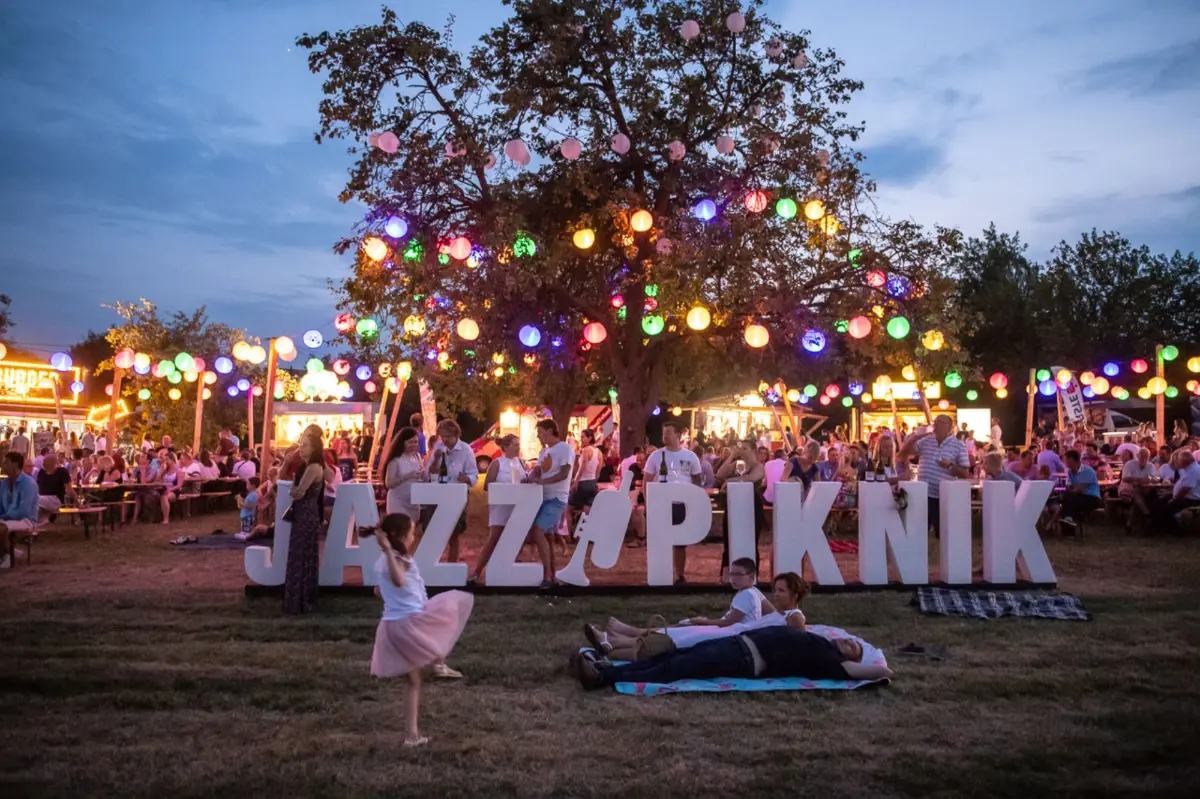
It is becoming more and more fashionable to do something for the environment, but it is even more important to be critical, as this is a trend that is often ridden by advertising professionals. Empty promises, fake brands, in-house created ratings: all designed to mislead bona fide consumers. We come back to the issue of transparency, to which Judit Boóc adds: “Always give preference to local producers and look for those who perform organic farming. If you don’t have the time and energy to find these resources, feel free to turn to your local basket communities to do it for you. If you are shopping on the shelves, look for labels that are checked by independent organisations. On our website, we have an area where we collect the brands and eco-labels that we believe are trustworthy.”
“Short supply chain, chemical-free products and less animal products: that’s all it would take; and a bit more openness”
– says the expert.
We have distanced ourselves from nature, and it shows in our way of life. We should go back to our roots a little, rediscover the potential of seasonality, learn to conserve and appreciate the treasures of terroir. The only question is: can we do it in time?

